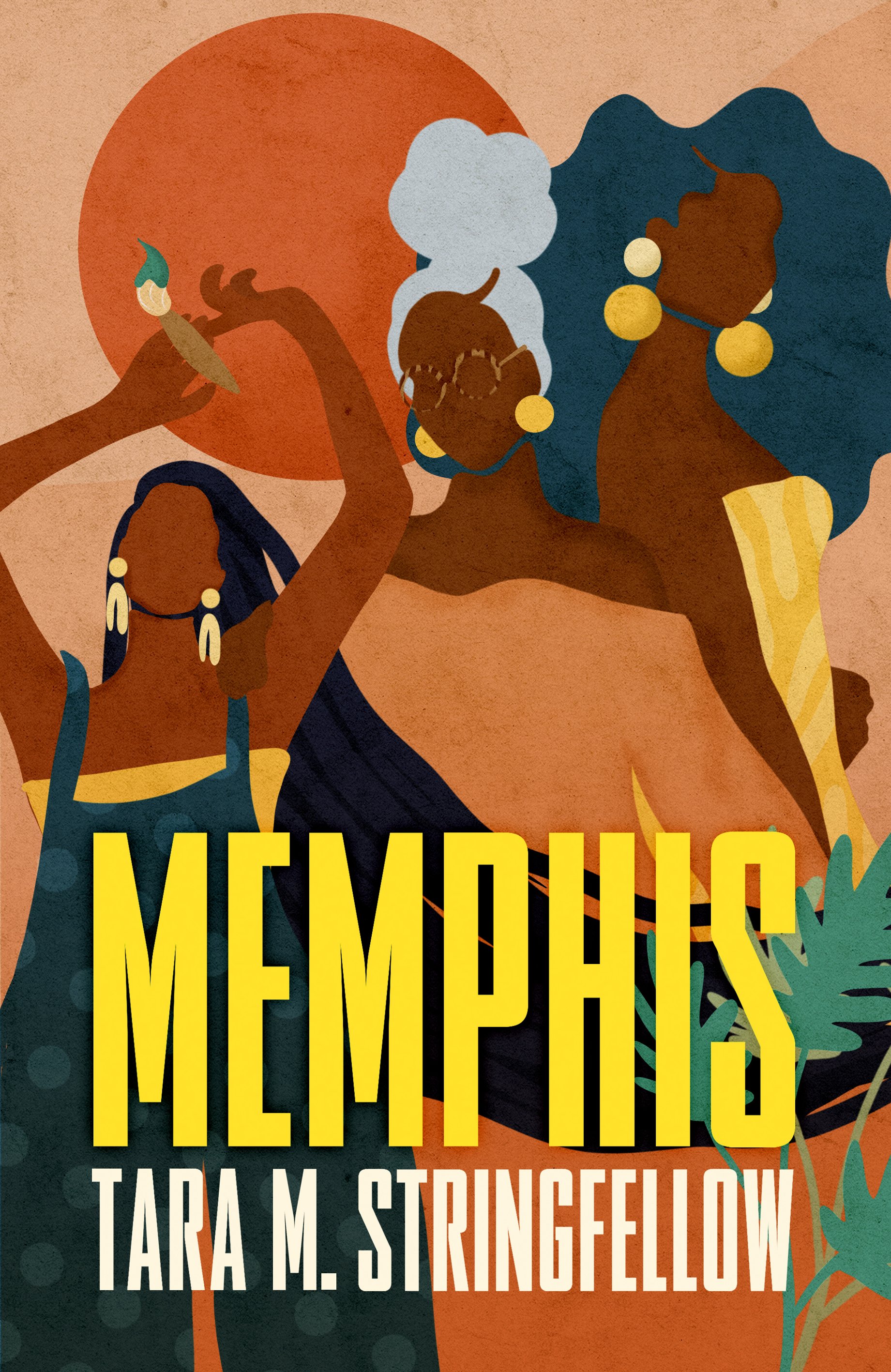Memphis, Tara M. Stringfellow
“If Memphis were alive, gangs would be both her red and white blood cells – killing and healing and repeating.”
Tara M. Stringfellow’s beautiful and haunting debut novel is about several generations of Black women living in Memphis, Tennessee.
Memphis opens in 1995 as ten-year-old Joan arrives at her grandmother’s house. The house is both a haven, as Joan’s mother flees from her abusive husband, and the site of an unspeakable trauma suffered by Joan as a toddler. The book then winds through multiple point-of-view characters in a non-linear timeline. The reader meets Hazel, the matriarch and grandmother, whose story starts in 1937 as she finds and loses the love of her life, and her daughters Miriam and August, who both must sacrifice and fight for their children.
The central theme is about generational trauma and the enduring strength of women as a beautiful and troubled legacy is passed down from mother to daughter. Through it all, the reader glimpses the Black men – the fathers, husbands and lovers – who hurt and adore these women in equal measure, and Stringfellow does a masterful job of layering their own hardships and complexities.
From the very first line, you can tell the author is a poet. The writing is lyrical, with descriptions you could eat. But, most importantly, the characters are loveable and multi-faceted – not perfect but wholly human. The unusual structure and short chapters could be disconcerting to some readers as a few of the storylines feel like snapshots rather than complete character arcs; however, if you allow yourself to go with the flow and sink into this book, you won’t regret it.
There is something about the rich writing-style and pure heart of this novel, which is reminiscent of the true greats. Stringfellow could still experiment with structure and plot in order to land a wholly satisfying narrative arc, but when she gets it completely right – and she will get it right – it will be unique, wondrous and fearsome to behold.




